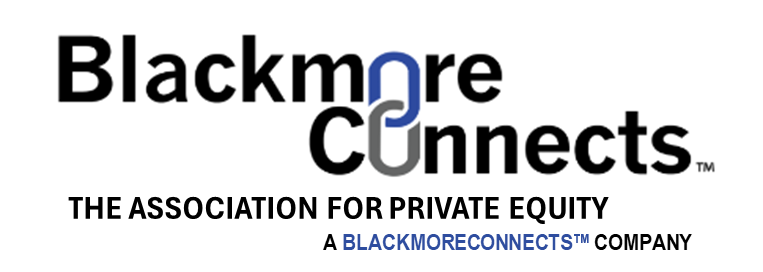Potential Impacts of three Global Crises and how to prepare.
Written By: Gerald O’Dwyer III
The PE Guru — BlackmoreConnects, Inc | August 01, 2024
Introduction
In a scenario characterized by three major global crises—a $300 trillion total debt, a massive illegal alien border invasion, and a kinetic war on the Eurasian landmass—the impacts on SMEs (Small and Medium Enterprises) and executives, particularly those looking for job opportunities in private and public companies, could be profound and multifaceted. These crises could significantly alter the economic landscape, affecting businesses and employment trends worldwide. Here’s an analysis of the potential impacts and how private equity (PE) owned companies present opportunities, especially when executives invest in differentiating themselves through platforms like BlackmoreConnects and ACG (Association for Corporate Growth).
Potential Impacts of three Global Crises and how to prepare.
On SMEs: (small biz)
- Economic Instability: Increased debt levels may lead to higher borrowing costs and reduced consumer spending, impacting SME revenue.
- Supply Chain Disruptions: A kinetic war and border issues could further strain global supply chains, increasing costs and delays for SMEs.
- Labor Market Challenges: Immigration issues might affect labor availability, particularly in sectors reliant on immigrant labor, impacting operational capacities.
- Regulatory and Compliance Pressures: Governments may enact stricter regulations in response to these crises, increasing compliance costs for SMEs.
- Access to Capital: The global debt crisis could tighten lending standards, making it harder for SMEs to secure financing.
On Executives:
- Job Market Volatility: Economic instability and company downsizing could lead to fewer available executive positions, increasing competition.
- Skill Mismatch: Rapid changes in industry needs may result in skill gaps, requiring executives to adapt quickly or face obsolescence.
- Increased Demand for Crisis Management Skills: Executives with experience in navigating companies through crises may be in higher demand.
- Geopolitical Awareness: Executives will need a deeper understanding of geopolitical issues and their impact on business.
Private Equity as an Opportunity
In times of economic downturn, PE firms often seek to invest in undervalued assets, presenting a unique opportunity for executives. These firms are on the lookout for talented leaders who can drive transformation and value creation in challenging environments. Here’s why PE-owned companies are a lucrative option:
- Equity Compensation: Potential for significant back-end wealth through equity stakes.
- Leadership Opportunities: Chance to lead turnaround efforts and strategic repositioning.
- Professional Growth: Exposure to high-level strategic challenges and operational efficiencies.
Differentiating Through BlackmoreConnects and ACG
Investing in platforms like BlackmoreConnects and ACG can significantly differentiate executives in the PE world by:
- Networking: Building connections with PE professionals and other executives, crucial for uncovering opportunities in the PE space.
- Education: Gaining insights into the latest trends, strategies, and best practices in PE, enhancing an executive’s ability to contribute to value creation.
- Visibility: Increasing one’s profile among PE firms looking for executives with specific skills and experience to lead their investments.
Why It Matters in Downturns
In economic downturns, the job market becomes saturated with talent, making it difficult for executives to stand out. Investment in specialized networking and educational platforms provides a “pure signal” in a noisy world, highlighting an executive’s commitment to excellence and their understanding of the PE landscape. This differentiation is crucial for capturing the attention of PE firms that value proactive leadership and strategic acumen, especially in challenging times.
By deepening their PE playbook through targeted networking, education, and demonstrating an understanding of the complexities introduced by global crises, executives can position themselves as valuable assets to PE-owned companies. This strategic positioning not only enhances their career prospects but also aligns with the PE model of investing in downturns to realize significant value creation.
